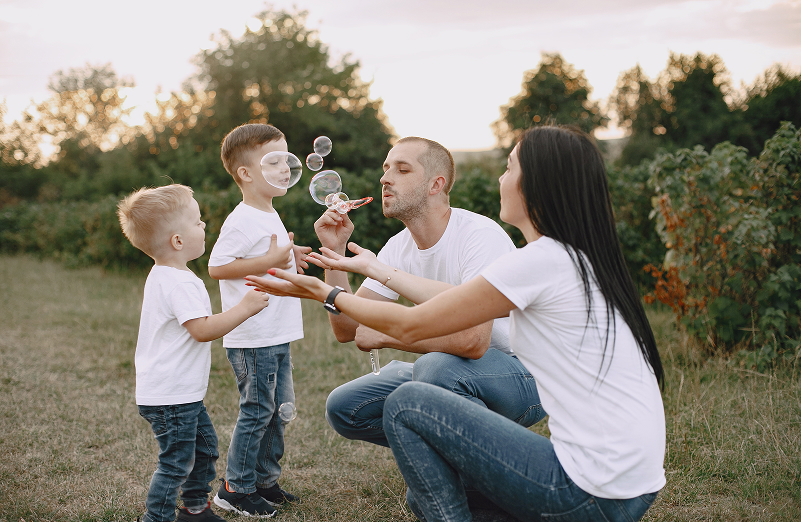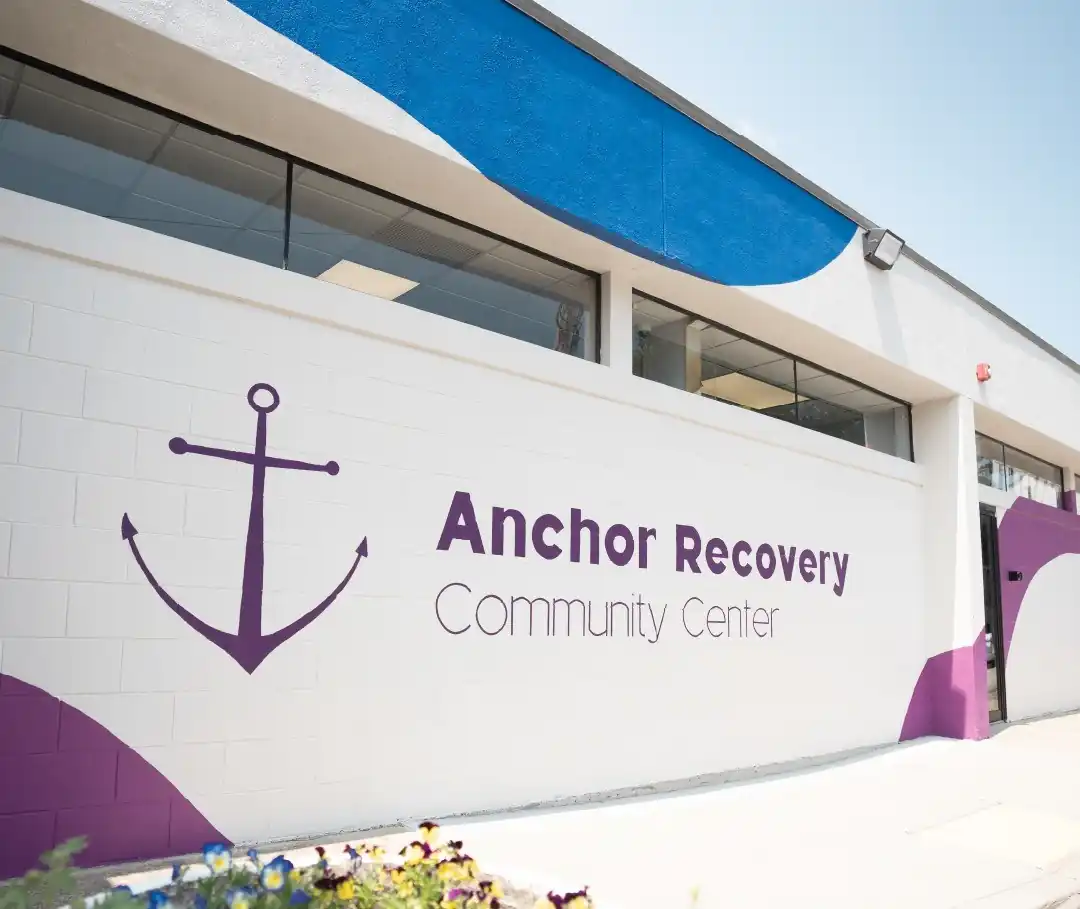Family Roles in Addiction
“You didn’t choose these roles. But you can choose to grow beyond them.”
When addiction enters a family, everyone feels it. And often, without even realizing it, each person begins to play a role just to survive the chaos, confusion, or emotional pain.
At TruPaths, we believe that healing means not only addressing the addiction itself, but also the family dynamics that form around it. This page is here to help you understand how these roles develop, how they impact recovery, and how families can begin to step into healthier patterns, together.









Addiction, trauma, and mental health struggles can create instability within a family. In response, loved ones often take on unconscious roles as a way to bring order, avoid pain, or maintain peace. These roles typically develop to: